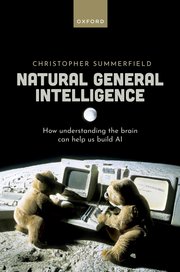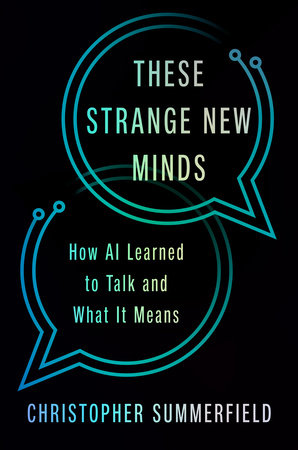About

I am Professor of Cognitive Neuroscience at the University of Oxford, and a Research Director at the UK AI Security Institute. My work focuses understanding the cognitive and neural mechanisms that underlie human learning and decision-making, and on studying the cognitive and social impacts of AI on people.
My research bridges the fields of cognitive science, neuroscience, and artificial intelligence. I am particularly interested in how insights from human cognition can inform the development of more advanced and safer AI systems.
I also lead the Human Information Processing (HIP) lab in the Department of Experimental Psychology at the University of Oxford. For more information about my academic work and lab, please visit humaninformationprocessing.com or view my Google Scholar profile.

